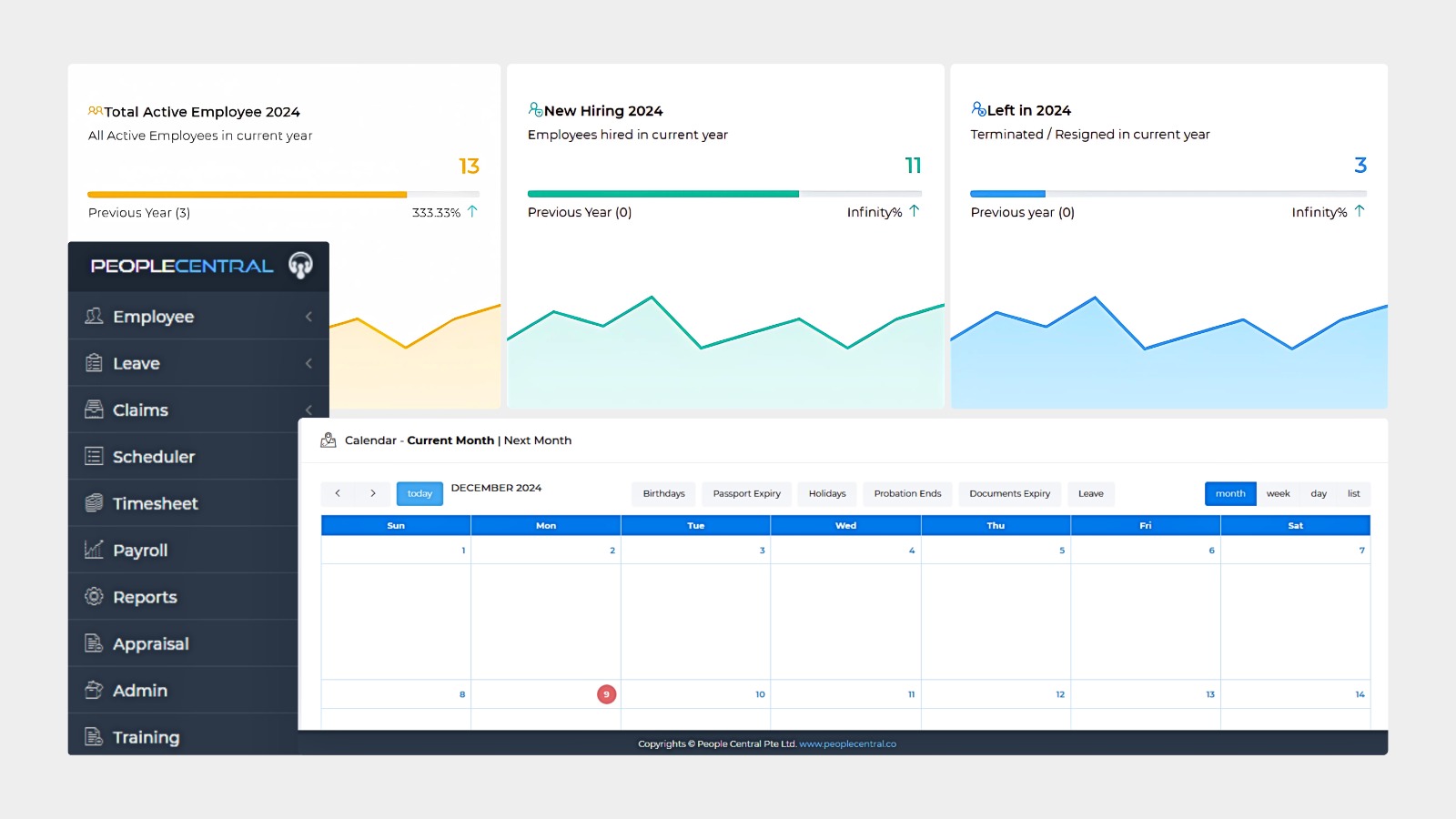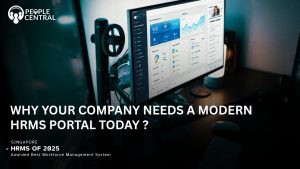As Singapore continues to grow into Asia’s main tech hub, workflow automation has moved away from being viewed as a buzzword to becoming a business necessity. Experts predict that by 2025 automation will change the way that we work in ways we have yet to even begin to comprehend. Let’s dig into what workflow automation will look like in 2025 and how it is changing the dynamics of business in Singapore.
Understanding Workflow Automation in 2025
Workflow automation in 2025 reflects the next step in business process optimization, with intelligence and behavior integrated into the design of progressive workflows. Kissflow workflow automation statistics show that 94% of companies are performing repetitive and time-consuming tasks. 90% of knowledge workers see their jobs improved through automation while productivity for 66% of knowledge workers is increased.
Important Components of Contemporary Workflow Automation
Integration of Artificial Intelligence
Modern workflow automation systems utilize AI in order to:
- Analyze patterns in business processes
- Make intelligent designation of workflows
- Anticipate potential bottlenecks
- Suggest process improvements in real-time
Smart Document Processing
Those days of manual data entry are long over. In 2025 an automated system will be able to:
- Extract data from any document format
- Automatically verify information
- Route documents to appropriate stakeholders
- Intelligently archive and retrieve documents
Advanced Analytics and Reporting
Modern systems now offer:
- Real-time performance metrics
- Predictive analysis
- Process optimization recommendations
- Compliance monitoring and reporting
Also Read: Singapore Employment Law | What Employers Need to Know
How PeopleCentral HRMS Revolutionizes Workflow Automation
PeopleCentral HRMS is at the forefront of automating HR workflows in Singapore, with innovative solutions that meet the needs of leading automation up to 2025. Here is how it helps to get your HR processes functioning smoothly:
Smart Power of Employee Management
- Onboard and offboard members with automation.
- Intelligent leave management system.
- Manage payroll using complete automation to ensure compliance.
- Automated performance reviews with intelligent insight through AI.
Improved Compliance
- Automatic updates to meet all Singapore employment laws.
- Checking for compliance within HR processes in real time.
- Regulatory compliance reporting through automation.
- Smart document retention and disposal.
Seamless Integration
- Connect with existing business systems.
- Peer data synchronization.
- Access from anywhere, with a mobile-first approach.
- Creation of custom workflows.

The Impact on Different Business Functions
Human Resources
- Automated member recruitment processes.
- Smart onboarding of employees.
- Automated leave management.
- Automated performance reviews.
Finance
- Automated invoice processing.
- Report on expenses with automation.
- Process payments.
- Check for financial compliance.
Operations
- Supply chain automation.
- Inventory management.
- Quality control processes.
- Maintenance scheduling.
Implementation Strategies for 2025
A structured approach is necessary for the automation implementation process that can be gleaned from IMDA Singapore’s Future of Work report:
Assessment Phase
- Identification of automation possibilities
- Perusal of the current processes
- Setting clear objectives
- Determining expected ROI
Planning Phase
- Choice of automation tools
- Management of processes in workflow design
- Planning for data migration
- Establishment of training programs
Implementation phase
- Commencement with pilot projects
- Gathering feedback from users
- Adjustments as necessary
- Scaling the solutions that work
Benefits of Workflow Automation in 2025
Increased Efficiency
- Reduction of manual tasks
- Faster execution of processes
- Reduction of errors
- Better placement of resources
Higher Compliance
- Automatic regulatory updates
- Uniform execution of processes
- Greater audit trails
- Reduction of compliance risks
Improved Employee Experience
- Less repetitive work
- Commitment to value-added task
- A better work-life balance
- Increased morale
Challenges and Solutions
Change management
- Conduct extensive training.
- Clearly communicate the benefits.
- Include the involved employees in that process.
- Provide support continually.
Technical integration
- Select the best fitting solution.
- Organize system integration.
- Ensure data security.
- Keep flexible systems.
Future-Proofing Your Business
Singapore’s fast-changing business environment is fast rejecting organizations that don’t automate workflows anymore. All that they need to do is to get:
- Clear objectives.
- A scalable solution.
- Invest in training for employees.
- Monitor improvements continuously.
Also Read: IRAS Tax Filing Tips For Singapore 2025
Conclusion
As we move toward the end of 2025, workflow automation is maturing and only increasing in importance for successful business engagements in Singapore. A, since then, understanding its elements, value, and the interplay of its implementation strategies, and thereafter picking solutions such as PeopleCentral HRMS, bail out organizations in setting their platforms for a successful run in an increasingly automated world.
In the long haul, remember that IT is never meant to replace human talent; rather, it aims to augment their abilities and set them free from repetitive tasks, allowing freedom for strategic, creative, and more valuable endeavors. The future of work is here-it’s automated; it’s intelligent; and it’s more human than ever.








 5
5


























